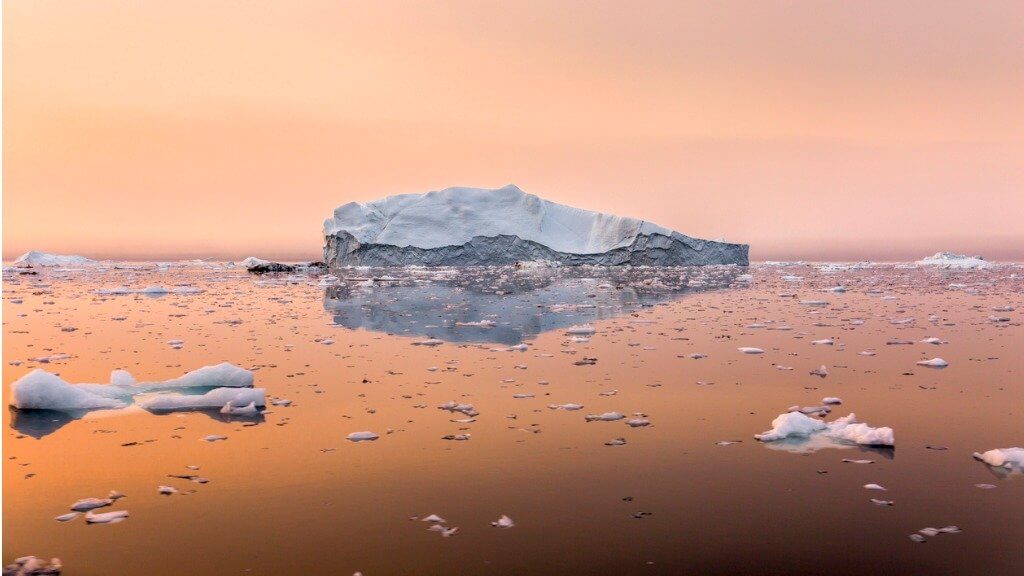How Are UK Companies Combating Climate Change?

It is longer possible to ignore climate change. To help combat the effects, governments around the world have made a string of commitments to reduce carbon output, increase recycling and to find alternatives to single-use plastics. These commitments, however, are rarely kept.
Despite committing to cut greenhouse gas emissions to zero by 2050, the UK is still set to miss our carbon reduction targets in 2025 and 2030. Climate sceptics, like Trump and Bolsenaro, are actively undoing some of the gains made over the past decade, with the roll-back of environmental protection policies and a ramping up of intensive agricultural processes.
They instead offer “hopes and prayers”, a useless commodity in a world on fire.
Many people feel that, individually, we can’t make any real impact on climate change, and its knock-on effects such as coastal erosion or pollution. Yet, thinking that way actually holds us back from making positive changes.
In fact, psychotherapists recommend getting involved and informed on climate issues and solutions, actually helps to lessen feelings of hopelessness and loss of control.
Amongst this panic, anxiety and fear, there is cause for hope. Success stories are abundant if you know where to look: Campaign groups have effectively lobbied for legislation, already reducing single-use plastics, new technologies are making energy cleaner and companies are using their resources to help protect our coastlines.
Bearing all this in mind let’s look at how some UK companies are involved in saving global coastlines and sea life…
Halting Coastal Erosion
A big issue, that often goes unreported, is the damaging effects of coastal erosion. Not only does it threaten communities who live and work on the coast, but it also affects the marine life that relies on these ecosystems.
Rising sea levels and increasingly severe weather events, such as Hurricane Dorian, threaten to submerge millions of kilometres of coastline around the world. There are island communities that may be lost forever within the next 30 years, and the UK will not fare well against these changing conditions.
Fortunately, there are quick, simple and cheap solutions. For example, Huesker’s SoilTain coastal protection tubes. These are long tubes, made from a semi-permeable fabric, that are positioned along the coast and filled with a sand-water slurry mix.
The water drains back into the sea, leaving only the sand behind. Acting like a wall of sandbags, a common flood preparation, these tubes provide immediate but short-term protection from erosion by waves. They can also be placed further from the shore where they act as a breakwater to incoming waves and storms.
Here some marine flora and fauna can begin to grow on the tube structures, allowing them to achieve balance with the environment they are introduced to.
Another UK company working to protect global coastlines is CCell. They grow artificial reefs over a number of years, on which corals can proliferate. By passing a safe, low-voltage current through the seawater, minerals (mostly calcium carbonate) are drawn in and create a “natural concrete” around a steel structure, while helping coral to grow 2-3x times faster.
In nature, coral reefs protect vast swathes of coastline and provide a habitat for 25% of marine life. CCell’s approach uses renewable wave energy for power, with a focus on boosting the local economy around beachfront businesses through eco-tourism, coral restoration, and local manufacturing. All of this while providing near-nature coastal protection.
Getting Hotels Involved
Beachfront businesses are acutely aware of the risk of coastal damage and pollution.
Fortunately, some hotels and other businesses are taking action. The Watergate Bay Hotel in Cornwall now uses 100% renewable energy and filter their pool water with UV to minimise chlorine use and also organise beach clean-ups to remove plastic and other pollution.
Marriott and Intercontinental Hotel chains have made a monumental decision to reduce their use of single-use plastic bottles for their toiletry products. By switching to bulk dispensers, they have already prevented 170 tonnes of plastic from going to landfill and eventually ending up in our oceans.
Recycling Ocean Plastic
Plastic is indisputably affecting marine life. From the giant garbage patches in the Pacific Ocean to the discovery of microplastics, this form of pollution is everywhere.
Microplastics are caused by the degradation of plastic materials into smaller pieces. Small plastic fibres break off from things like fleece jackets and fishing nets, and are also found in micro-beads added to cosmetics, such as exfoliators.
These microplastics are particularly harmful to marine life as they are easily swallowed and can accumulate to toxic levels.
Several charities are helping to remove plastic from our oceans, with clean-up teams and autonomous technology having some impact. A number of UK companies are also helping to remove plastic by making it financially beneficial.
For example, Finisterre uses plastic recovered from the ocean and elsewhere to make their swimwear, using proceeds to support the charity Surfers Against Sewage, and raising awareness of microplastics through their fashion range.
Another UK company, GANT, use only recycled ocean plastic in their clothing. Both provide a financial incentive to support ocean clean-up, help raise awareness, and allow customers to make ethical purchasing decisions.
Supporting charities/pressure groups
The improved availability of ocean-friendly options is due in part to consumers voting with their wallets, funding products and initiatives they genuinely believe in. However, many businesses are wondering what they can do to help. After all, if you don’t use plastics and aren’t based near the coast, these examples will be tough to follow.
However, there are other ways to support environmental protection and raise awareness. Ecotricity not only delivers renewable energy and gas to their customers, but they have also partnered with Sea Shepherd, the largest marine protection charity in the world.
When a customer switches to Ecotricity, the company donates up to £60 to Sea Shepherd to help protect marine life and clean up plastic from the ocean.
Business owners can start by considering the marine protection charities or pressure groups they could support.
On a business-wide scale looking into how you can reduce, reuse and recycle is an excellent starting point. Is it possible to cut back on energy use and/or switch to a renewable supplier? Can the reuse of materials be encouraged e.g. offering customers discounts when they return packaging? Perhaps investigate sourcing recycled ocean plastic for some products?
For individuals it can feel frustrating when our choices don’t seem to have a tangible effect on climate change, and the problems such as plastic pollution or coastal erosion. However, it’s important to remember that collective purchasing power has an impact. If every corporate customer and every consumer puts the environment first we’ll see change.
About the author
Magda Nawrocka-Weekes is from CCell. She holds a degree in Biochemistry from Edinburgh and is passionate about sustainability and the power of the internet to effect change. CCell has developed fast-growing coral reefs that provide coastal protection, enhance marine ecosystems and promote tourism.




